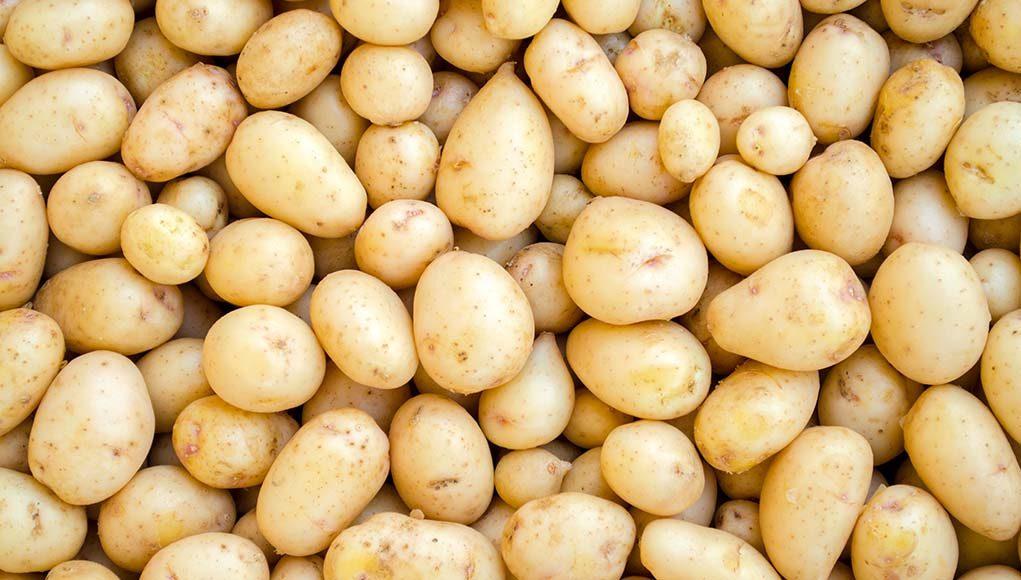Africa-Press – Botswana. Members of the Hospitality and Tourism Association of Botswana (HATAB) who attended an annual conference here have expressed concerns over lack of consultation by government when implementing some trade policies.
On Friday, HATAB Board chairman – Joe Motse joined the association members who questioned the government’s decision to ban the importation of some horticultural products without first capacitating local farmers.
“It is frustrating to offer a customer a salad, only to have a tomato missing”, said Motse in passing.
Motse added that while the association supports the government’s goal to empower local farmers, there is need to have first run an incubation program for the local suppliers to build capacity.
The tourism sector suffered a great deal for a period over 18 months of restricted travel necessitated by the Covid 19 pandemic. While it was preparing to recover, the Botswana government then imposed a ban on importation of some horticultural products, a move that the hospitality sector says has affected some of their cuisine offerings.
Apart from hotels and restaurants, some consumers have also complained of shortages of vegetables with experts saying the restrictions had exposed the supply chain weaknesses between local producers and the major retailers.
Between January and October last year, the import bill for the 16 crops currently restricted from importation stood at P201 million. In introducing the import restrictions, government said the idea was to foster food self-sufficiency, agriculture value chain development and increase citizen empowerment.
Currently, local production of potatoes accounts for 49% of national demand, while tomatoes account for 44% of national demand and onions 49 percent.
In early April the Botswana Horticulture Council blamed government for the shortage.
The Council Public Relations Officer Solomon Tshenyo said at the time that government failed to engage stakeholders in the lead up to import restrictions adding that this has now worsened the situation.
Tshenyo highlighted that local farmers are not empowered compared to other farmers in the continent arguing that this has exposed the country’s horticulture sector challenges.
“We were not consulted when government took a decision to restrict vegetable produce because we felt that needed some time to be empowered,” said Tshenyo.
He added that although they commend the decision to seek to empower local farmers there are a series of issues that should have been attended to before imposing the restrictions.
On the other end, Chairperson of Horticulture, Cooperative, and Marketing Society Boikaego Phole in December 2021 said that local farmers can only ensure there is always enough produce if a stern decision can be taken to restrict some retailers from importing the restricted produce.
Phole stated that one of the challenging issues they faced as farmers over time is that some retailers were hell bent on sourcing the locally available produce from neighbouring countries.
“This is a good development considering that we have on many occasions convinced government that we have the capacity to meet the local demand,”
The ban follows an attempt by the Botswana Government to come up with various measures to curb the country’s rising import bill. At some point state owned data agency – Statistics Botswana estimated that the country’s food import bill stood at P823.8 million.
For More News And Analysis About Botswana Follow Africa-Press






